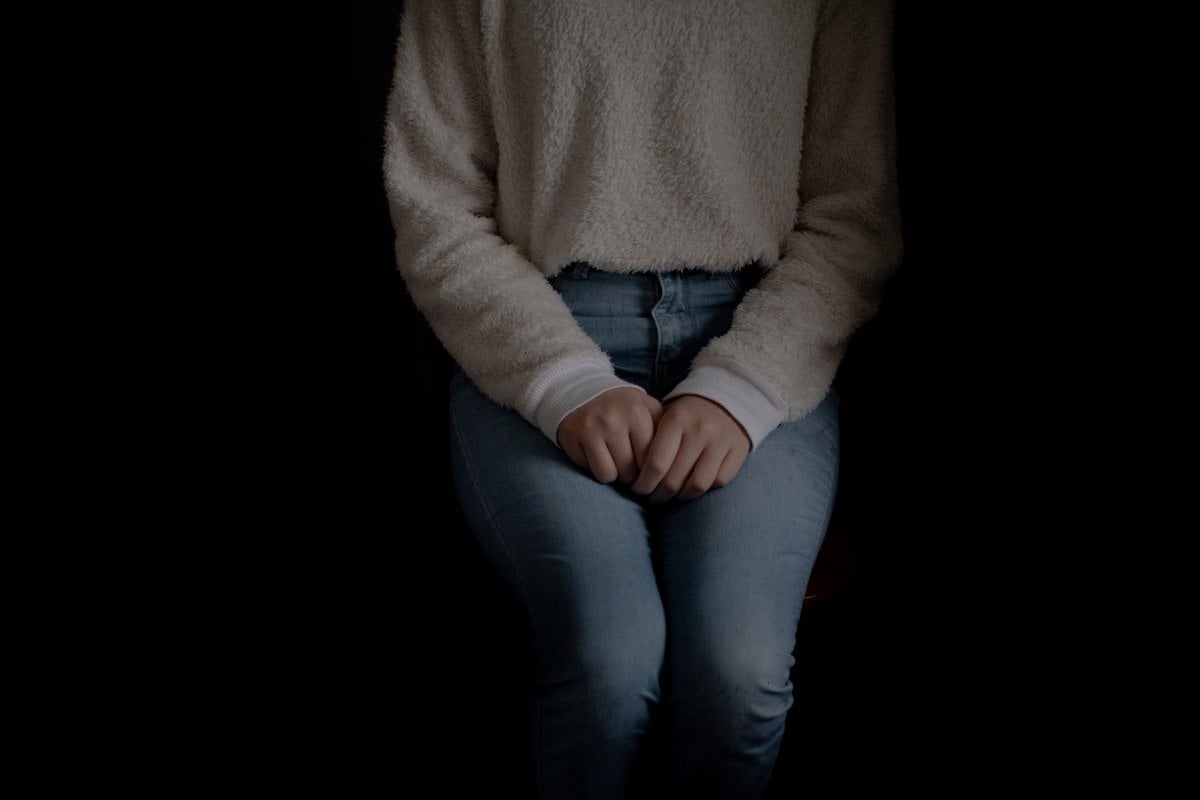
This post discusses domestic violence.
It’s the race that stops a nation, but the Melbourne Cup is also a day that evokes dread and fear in many Australian women.
For women who live with domestic and family violence, Cup Day is less about glam dresses and champagne flutes, and more about survival.
"Not everyone looks forward to the Melbourne Cup," says Dr Kirsty Forsdike, Chair of La Trobe’s Violence Against Women Research Network.
"Domestic violence assaults rise significantly on the day of Melbourne Cup," she says, adding that both police and DV services actively prepare for the increase in the lead up to the event.
Dr Forsdike is the co-author of an academic systematic review investigating the link between major sports events and domestic violence. The review found reports of DV surged on and after Melbourne Cup day, as well as other sporting events.
In New South Wales, DV assaults increased by more than 40 per cent following State of Origin games. Increases of between 17 and 40 per cent were also reported after the AFL Grand Final and Formula 1.
Australia is not unique in this regard, with domestic violence increasing globally after big games, such as major soccer matches in the UK and Scotland, and the Super Bowl in the US and Canada.
DV surges aren’t limited to the day of the event either, with police and DV services documenting and preparing for an increase in calls for several days following a major event.
